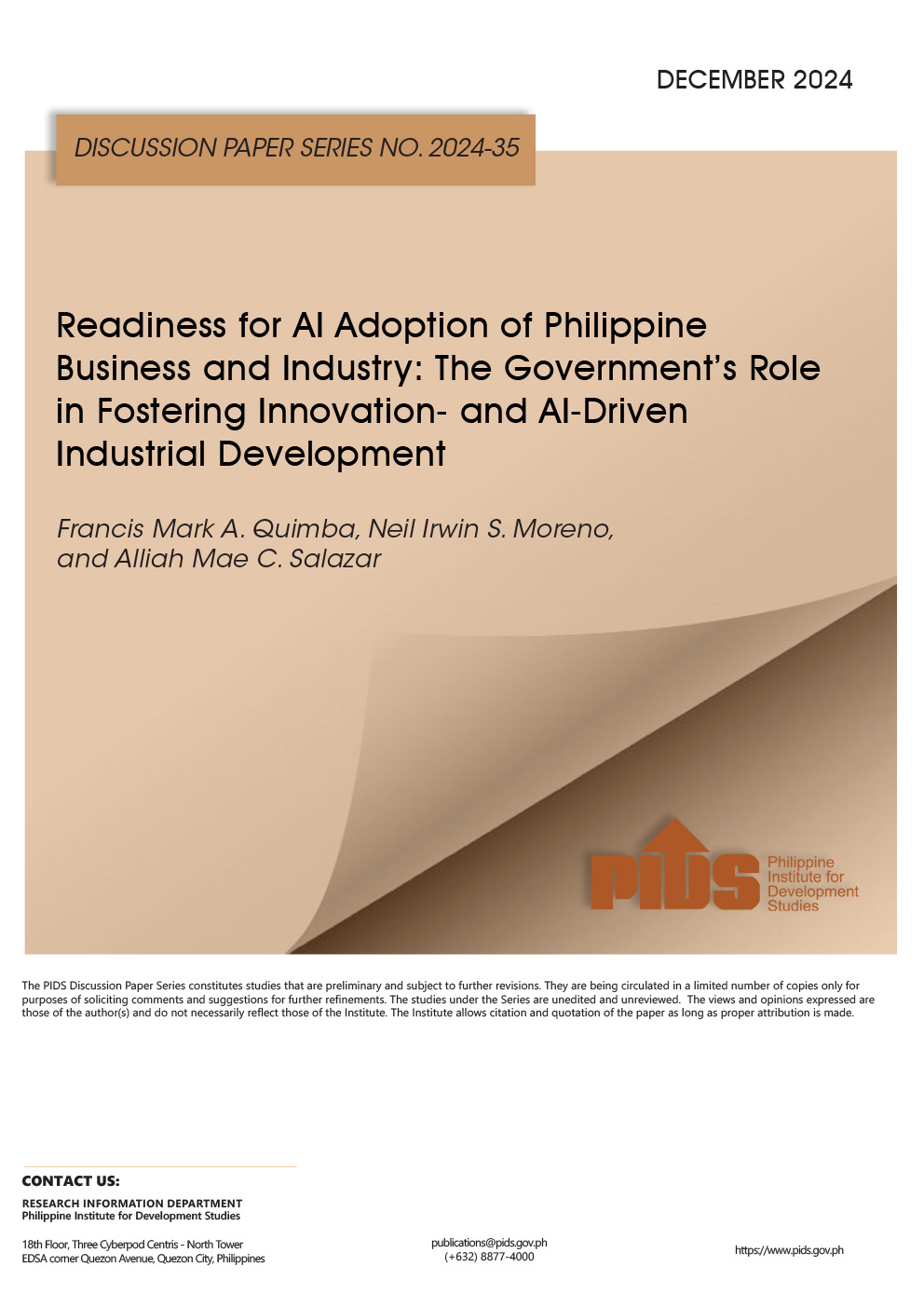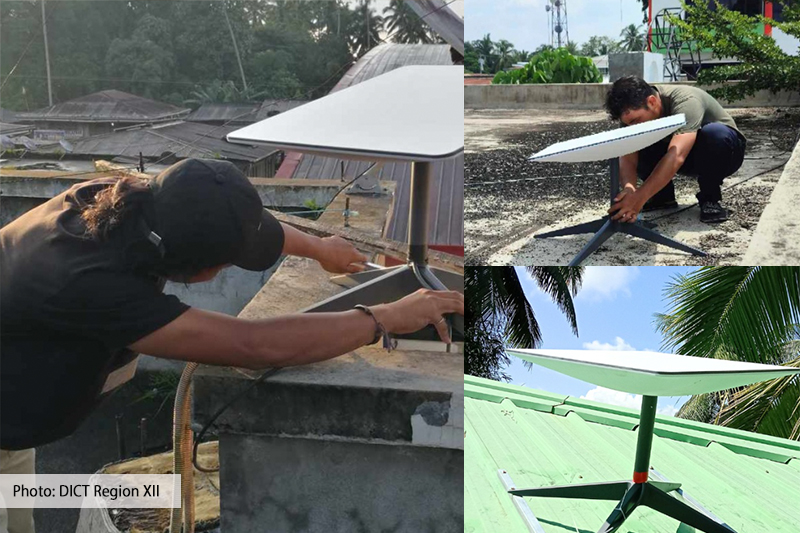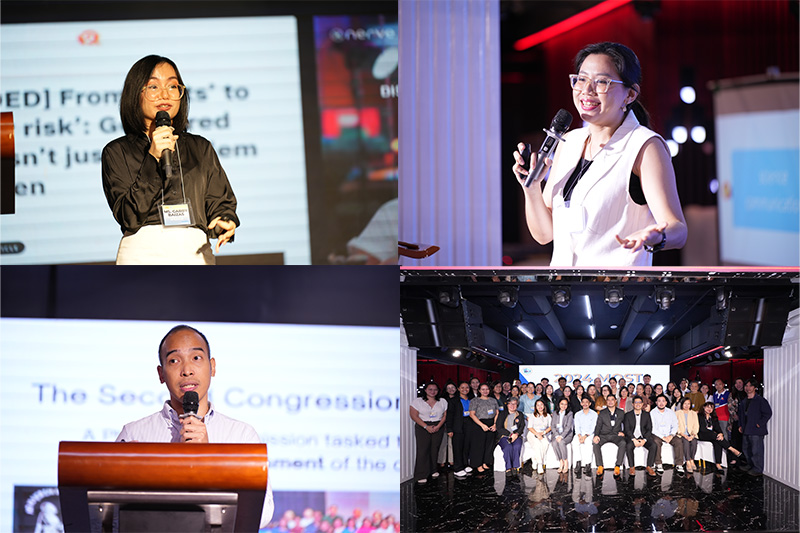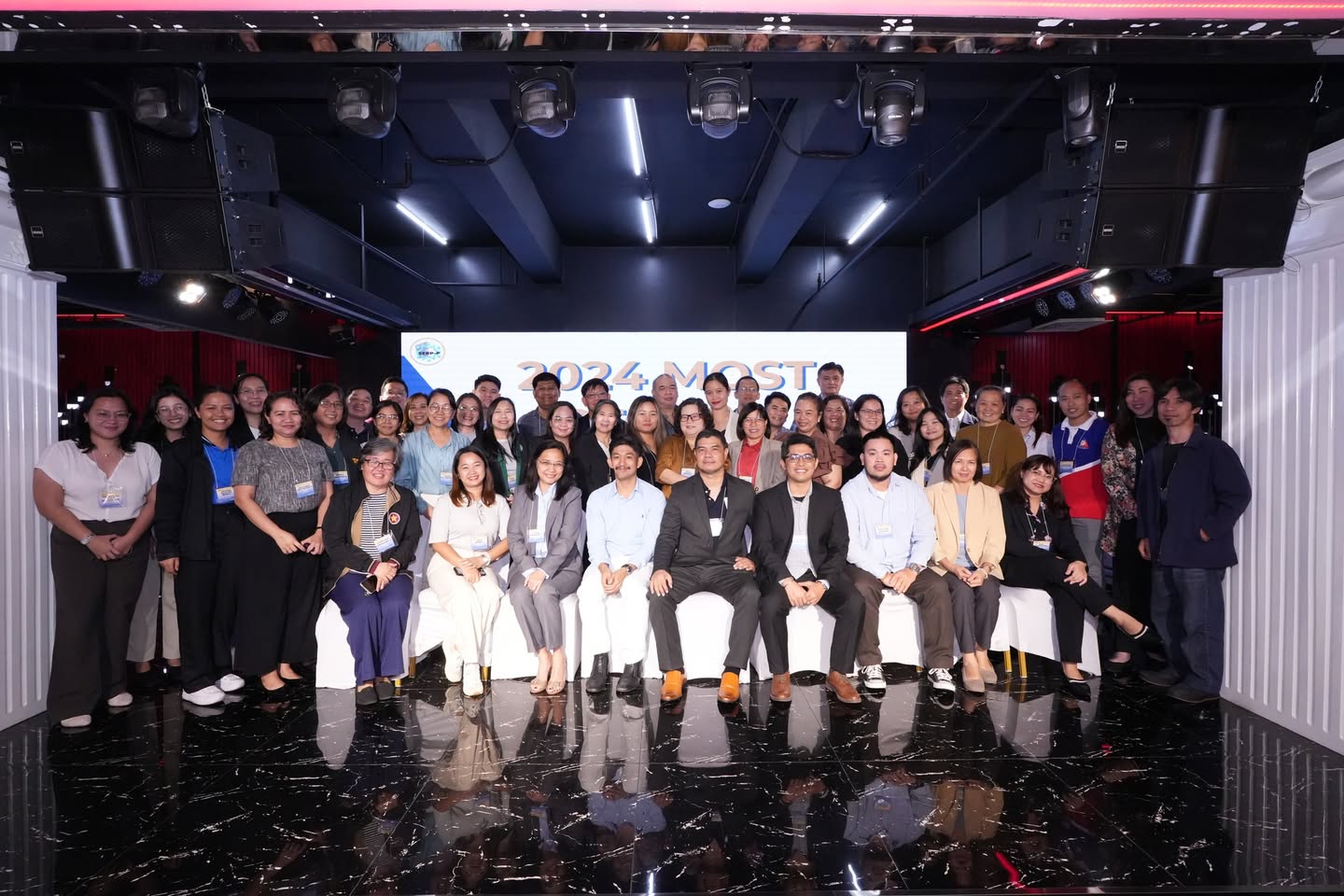The information and telecommunications technology (ICT) sector needs more reforms and updated regulations to boost inclusive digital connectivity, according to experts.
“In a dynamic sector such as ICT, there is a need to upgrade the regulatory framework for telecommunications, which underpins the digital economy,” Ramonette B. Serafica, Philippine Institute for Development Studies (PIDS) senior research fellow, said during a webinar on April 27.
“There is a need to bring the telecommunications policies to the 21st century,” she added.
The digital economy contributed 9.4% or P 2.08 trillion to the country’s gross domestic product in 2022, growing by 11% from P1.87 trillion in 2021, according to the Philippine Statistics Authority.
Meanwhile, only 17.7% of households in the Philippines were connected to the internet in 2019 — roughly four in every five households excluded from participating in the digital economy.
Households in the capital region are seven times more likely to have internet access than those in the Bangsamoro region in Mindanao.
The congressional franchise requirement for telco providers, as stated in Section 16 of Republic Act 7925 or the Public Telecommunications Policy Act, is a key challenge to building a new regulatory ICT framework, according to experts.
National Economic and Development Authority Undersecretary Krystal Lyn T. Uy said that the law has only partially liberalized the telco sector and lacks policies that enable a conducive environment for new competitors.
“The Philippines remains the only country in the Association of Southeast Asian Nations (ASEAN) region that requires such a franchise. Other countries have moved toward an open access model, allowing competition in all segments of the internet network,” she said.
“[O]btaining and renewing a franchise, which is inherently a political process, contributes to uncertainty and increases the risks of investing in the digital infrastructure in the Philippines,” a PIDS study noted.
Moreover, the complex, multilayered internet value chain of the country, akin to the convergence of local and international companies, contributes to the difficulty in lobbying for regulation, said Queen Cel A. Oren, PIDS research specialist.
The Philippines currently has the third most expensive ICT service across all ICT price baskets among ASEAN states, according to the International Telecommunication Union. Internet connectivity through broadband networks is the value chain’s most critical element, Ms. Oren said.
Telco firms push prices higher due to an increase in operations cost and the amount of processes and requirements, given outdated laws and guidelines, noted Mary Grace Mirandilla-Santos, Better Internet PH’s lead advocate and Secure Connections’ ICT policy analyst.
“[Outside of Metro Manila], for instance, operators that need to lay fiber cables through several municipalities are required to apply for a certificate even if they do not intend to sell services in these municipalities,” she said.
A simplified licensing process widens the spaces for telco providers to grow and digital infrastructure to expand in the country, she said.
Ms. Uy said that stakeholders must “support the regulatory changes that must be done in the [ICT] industry.”
While such legal amendments will take time, former National Telecommunications Commission Deputy Commissioner Edgardo V. Cabarios noted that the Department of Information and Communications can issue policy guidelines addressing the current gaps, alongside providing broadband access to missionary, geographically isolated, and disadvantaged areas.
Mr. Cabarios also said that the broadband access can be funded by a portion of the collected spectrum user fees.
“This way, we can move forward, make the sector more competitive, and reduce the cost of services,” he said.
According to Ms. Uy, the regulating authority of the NTC needs to be “modernized and equipped with stronger powers to recall and reassign unused and underused spectrum,” given that the Radio Control Law of the Philippines or Act No. 3846 has been in place for 92 years.












